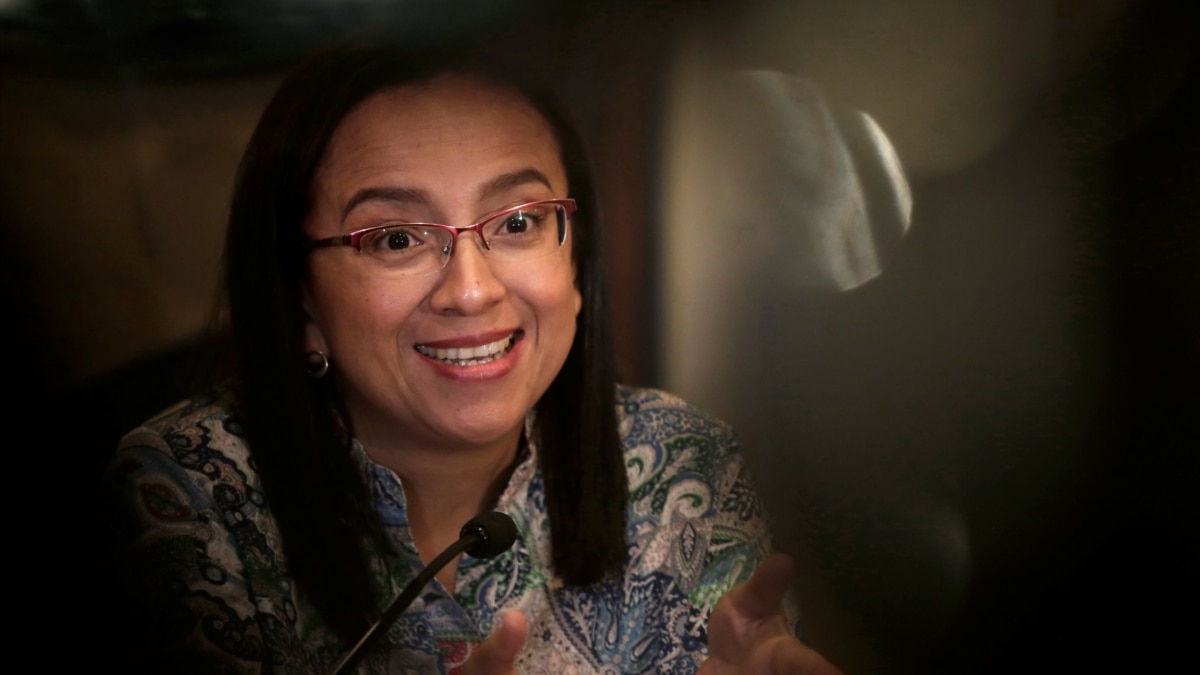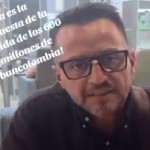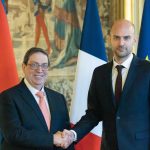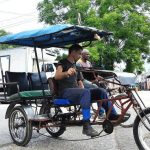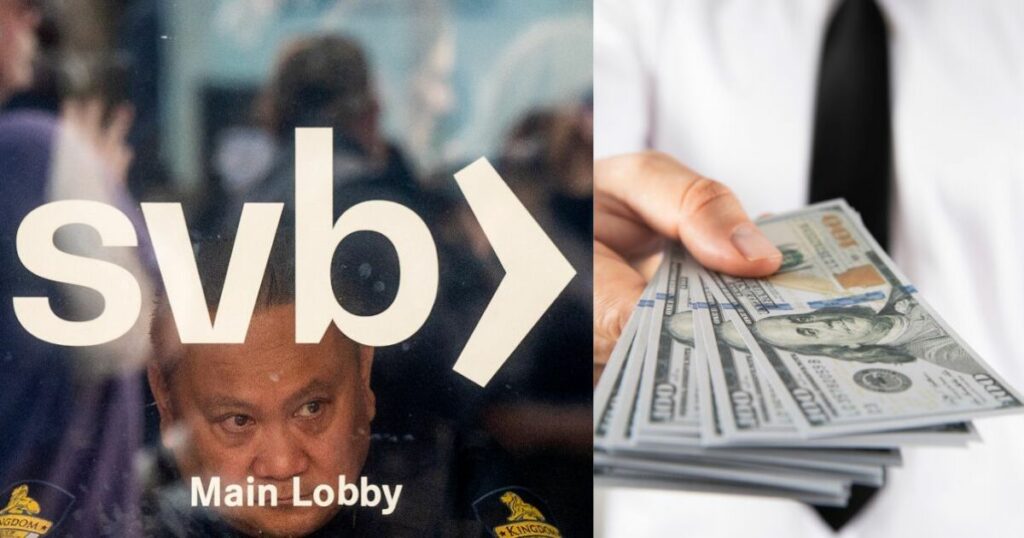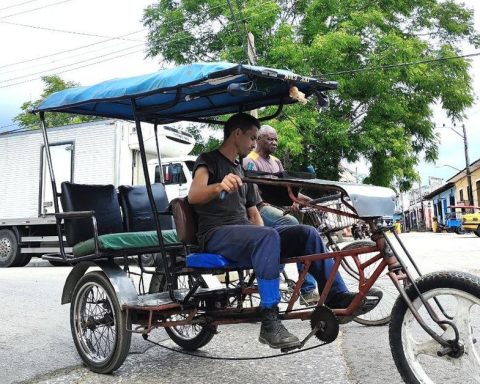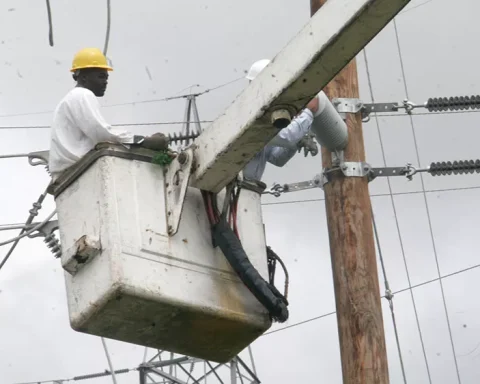Arrested for her journalism, held in appalling conditions in a small prison cell, and now stripped of her Nicaraguan citizenship, Lucía Pineda Ubau has endured a lot.
Pineda suspects that prison guards put drugs in her food and kept her in solitary confinement to break her will while in prison in 2019.
“I felt sick,” she said. “My thoughts were not clear.”
At one point, she recalls, she was forced to stay in her cell for more than two weeks, surrounded by her own excrement after being denied access to the bathroom.
“I was full of anxiety and without information from outside, I fell into despair,” Pineda told the voice of america from Los Angeles, California, where he was attending the Inter-American Commission on Human Rights last week.
“The dictatorship tried to silence the media,” he said. “But when I got out of prison after six months, I was more determined than ever to continue as a journalist.”
Like many of her media colleagues, Pineda, who is an editor at 100% Newsone of the main independent news sites in Nicaragua, now works in exile, from Costa Rica.
Even in exile, Pineda continues to be affected by the government of Nicaraguan President Daniel Ortega.
Pineda is among the 94 opposition voices and figures who were stripped of their citizenship last month. Eleven of them are journalists.
This follows the release from prison in February of 222 political leaders, priests, activists and other opposition figures who were flown to the United States, most without having the chance to contact their families.
After their surprise release, they were also stripped of their nationality.
Spain offered citizenship to these stateless exiles and the United States granted the Nicaraguans temporary two-year protection.
Analysts called the expulsion a political ploy after years of international pressure to free dissidents. But they also said it was a violation of international law.
The Nicaraguan administration has tried to quell political dissent since a wave of anti-government street protests in 2018, which was met with a violent response from security forces.
Ortega has called his opponents “traitors” whom he accuses of being behind the protests. He claims the riots were part of a plot to overthrow him.
The VOA He tried to contact the Nicaraguan embassy in Madrid for comment but received no response.
Last week, some of the released political prisoners issued a joint statement calling on the international community to put pressure on Managua to reunite them with their families.
life in exile
In the case of Pineda, the journalist has lived in exile since June 2019, after serving six months in prison.
Your means of communication 100% News, publishes articles on human rights, politics and economics. He was at the forefront of coverage of the Nicaraguan government’s violent repression of protests in 2018.
The news site has a staff of 15, but does not reveal the identity of its journalists for fear of reprisals against them or their families who may still be in Nicaragua.
Most of Pineda’s relatives have moved to Costa Rica. Single, she says she is “dedicated to her work” of hers.
Three years after being released, the memories of the prison are still painful for her.
“The dictatorship put me in a cell far from other political prisoners. I was alone in a cell for 15 days. I had to defecate on my own hands. The health services did not come to see me, ”she said.
She was allowed out briefly to exercise on her own and had few visitors.
“Without any visit, it was traumatic. He was very anxious. I fell into despair. I tried to pray,” he said.
“It was totally absurd,” he said. “The regime tried to silence people like me. But when I got out, I went straight to Costa Rica to work as a journalist.”
Although he has escaped daily persecution in Nicaragua, Pineda said he cannot escape Managua’s repression.
“Now I feel better, but the repression crosses borders,” he explains. “Now, they have taken away my citizenship, like hundreds of others.”
Pineda said there are “few” independent journalists left inside Nicaragua.
Internationally “isolated” Nicaragua
Ivan Briscoe, program director for Crisis Group, a conflict resolution organization, said Nicaragua’s stripping of opponents’ citizenship has left Managua isolated internationally.
“The fact that Pope Francis said the other day that it was a dictatorship of thugs is a sign of how isolated it is,” he told the VOA. “The Pope is not given to condemning countries of the left.”
In an interview with infobae of Spain in early March, the Pope described the Ortega regime as a “rude dictatorship” led by an “unbalanced” president.
In response, Nicaragua proposed suspending its ties with the Vatican.
“There were hopes of a thaw in relations when the prisoners were released, but when they were stripped of their nationalities, this was condemned even by left-wing countries in Latin America,” Briscoe said.
[Parte de la información para esta historia provino de The Associated Press]
Connect with the Voice of America! Subscribe to our channel Youtube and activate notifications, or follow us on social networks: Facebook, Twitter and instagram.
